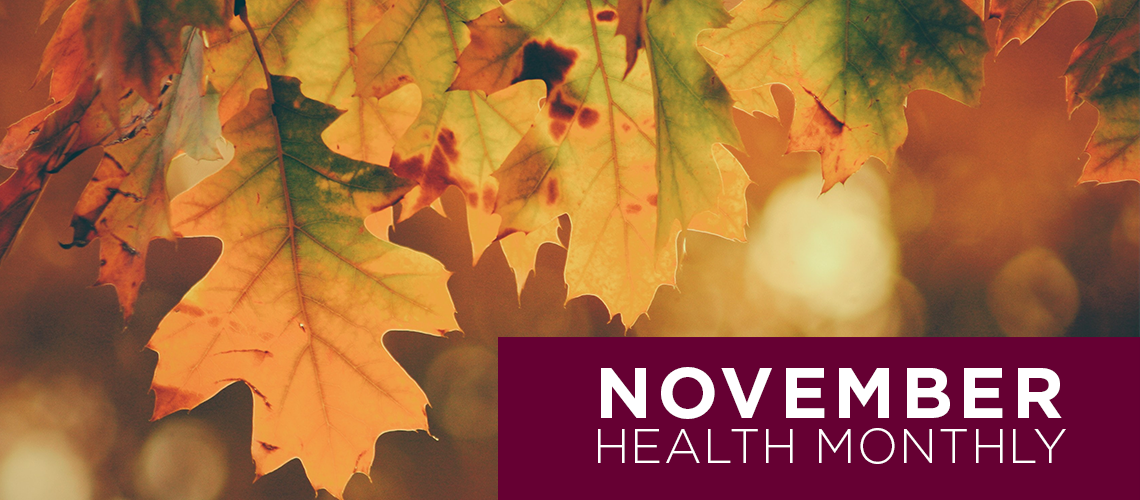This year, the holidays are likely different than years past. With travel restrictions and varying statewide measures in place, CDC guidance recommends limiting exposure by celebrating the holidays with only members of your household. Ongoing restrictions have been hard for many Americans struggling with isolation and loneliness amidst economic worries, joblessness and more. How can we enjoy the holidays safely, while focusing more broadly on our overall health and wellness as we bid farewell to 2020 and look forward to 2021 with hope?
1. Practice Self-Care
Focus on the positive, productive things you do for yourself that make you feel good and do them even if you are busy or feel more tired than usual. Acts of self-care can be as large or as small as needed, whether it be enjoying 10 quiet minutes of meditation every morning, walking the dog, reading, calling a friend or family member, lighting a candle, working in the yard or taking a bath. These every day positive acts of self-care propel us forward, and give us small, achievable things to look forward to every day.
2. Stick to Healthy Routines
The holidays can interrupt our normal patterns, and not always in a positive way. Try to maintain sleeping habits, go to bed at the same time every night and wake at the same time, get enough sleep in general, and make time to exercise and eat well.
3. Connect with Family and Friends Safely
While not ideal, try to find ways to avoid feeling isolated by reaching out to friends and family by phone or virtually. The way you are feeling is often how someone else is feeling and there is power in shared feelings, even if your feelings aren’t as positive as usual.
4. Give Back
Many find joy in volunteering or donating to causes close to their hearts. While there may be fewer in-person volunteering opportunities this year, there are many ways to help. In Las Vegas, find out what organizations need help by viewing the several volunteering opportunities that Thrillist has compiled. You can give back in your own backyard, even if that means getting groceries for a neighbor, dropping off dinner for a friend, cutting someone else’s grass or donating items to shelters or food kitchen or supporting our healthcare heroes on the frontlines. Giving buoys us and strengthens the fabric of our communities. However small an act, in doing so, someone knows that someone else cares about them.
5. Find Gratitude
For many, this might be one of the hardest things to do amidst a tough year. Consider your year, what happened both good and bad? What good things may have come from the bad things? What have you learned? What relationships changed positively? What new skills did you learn? There is always positive. Being intentional about articulating the positive to yourself and to loved ones is a powerful driver of happiness.
6. As You Think Back, Also Look Forward
Even with the unknowns that surround us, what are you looking forward to? Fast forward six months, and imagine summer coming. What might the world look like then? How might things have returned to normal? Who do you want to see and where would you like to go? Think about and make a 2021 health plan — consider your well checks, follow-ups, Bloodwork, or vaccinations needed.
7. Give Yourself a Break
Many people feel fatigued physically and mentally around the holidays. Respect these feelings and allow for more rest and relaxation. Often holidays are full of activity and “to-do’s”. With the restrictions in place, let yourself have more time to rest and recuperate.
The staff of Roseman Medical Group (RMG) wish all patients and friends a very happy and healthy close of the year. RMG is here to serve patients with their healthcare needs.
Article by Vanessa Maniago
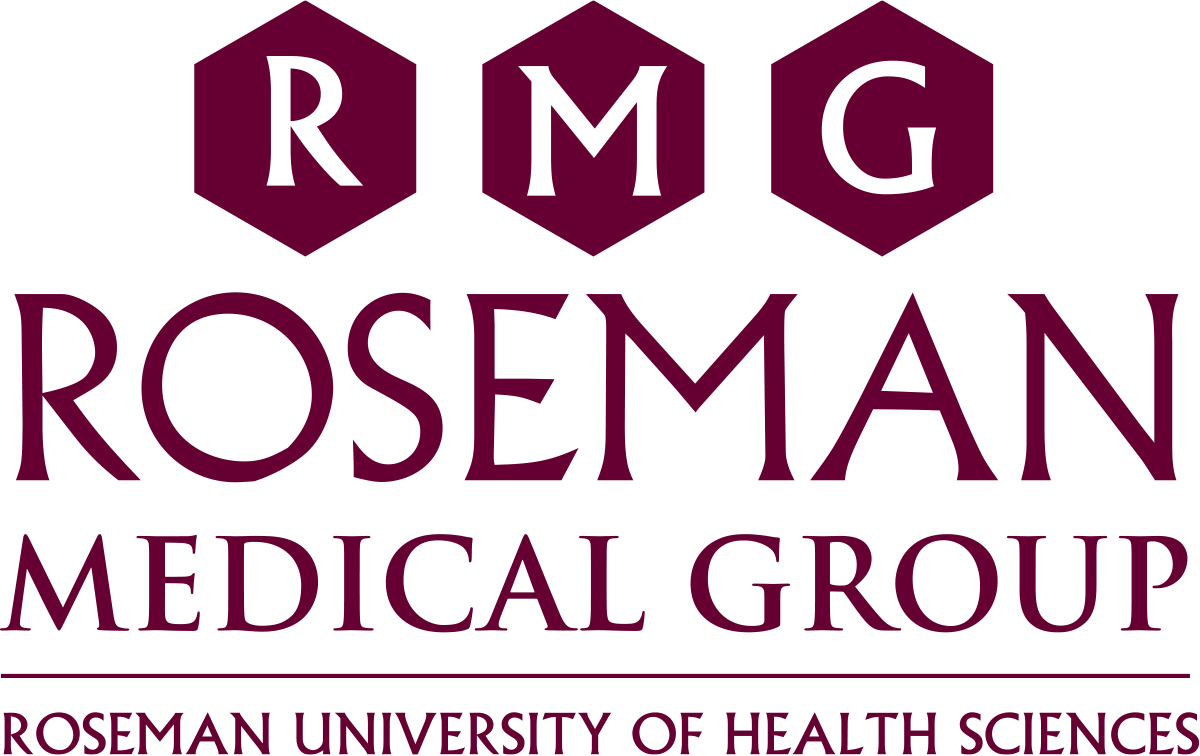
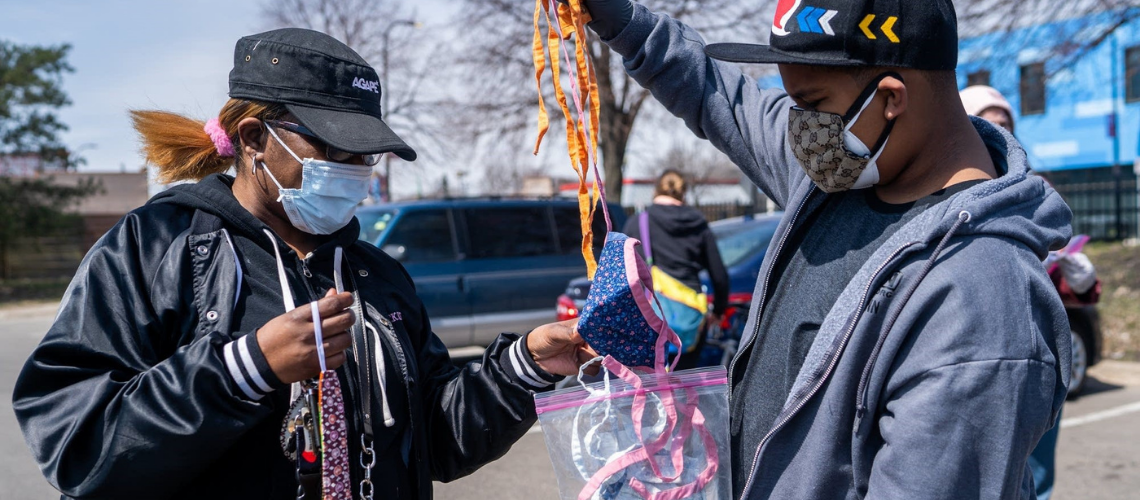
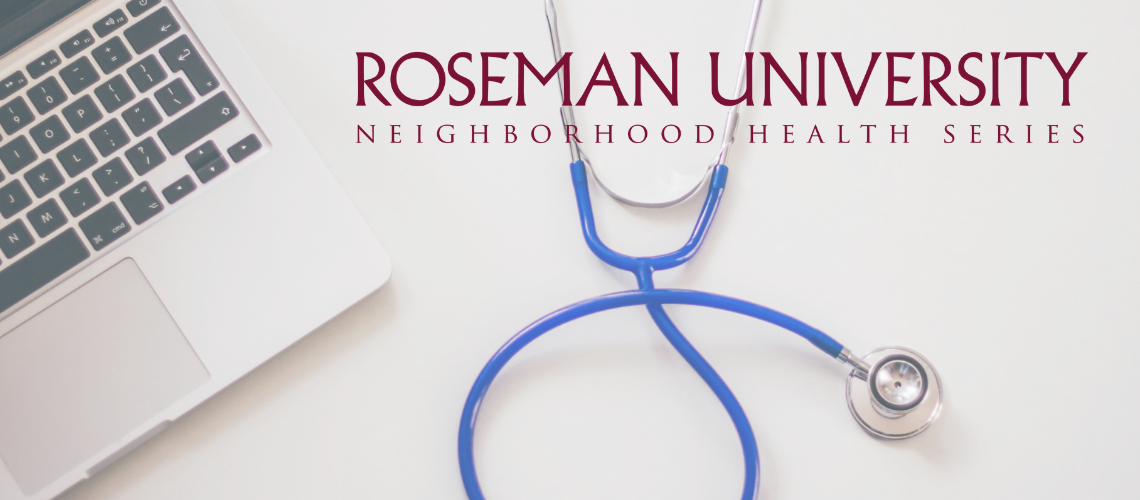


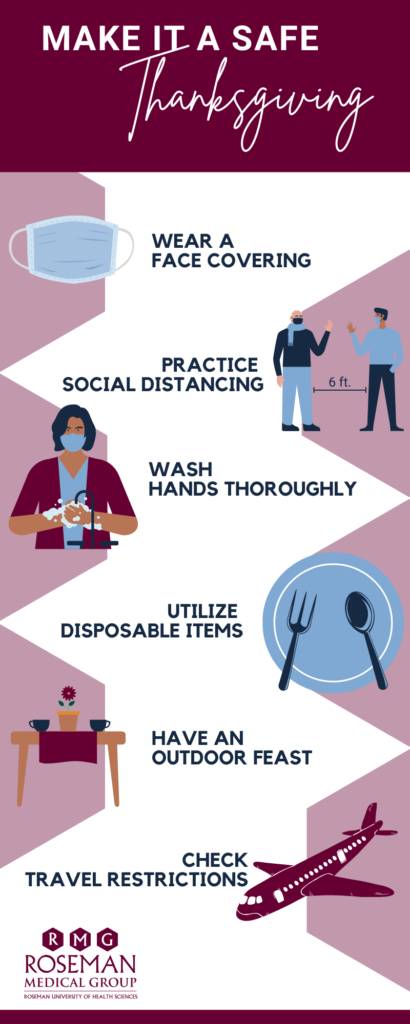
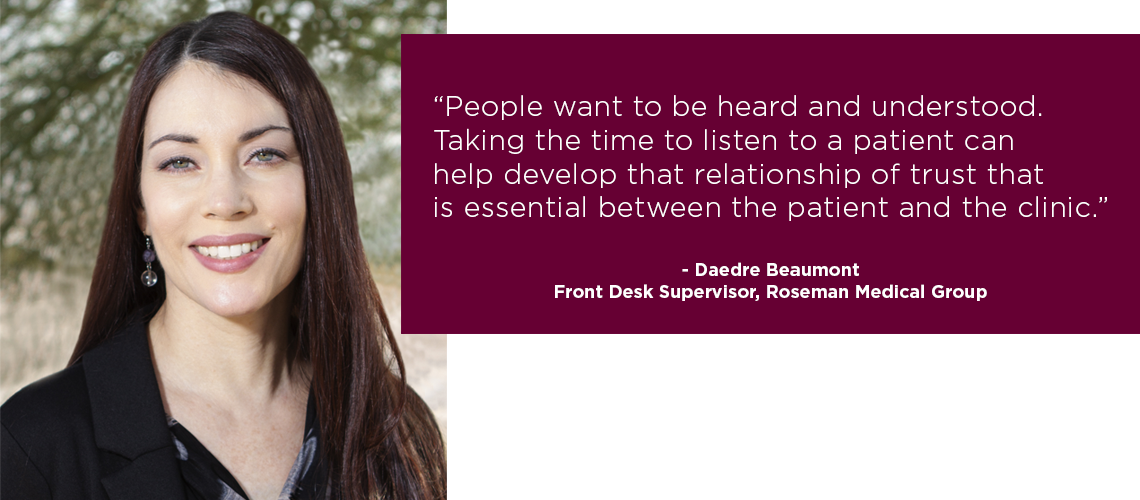
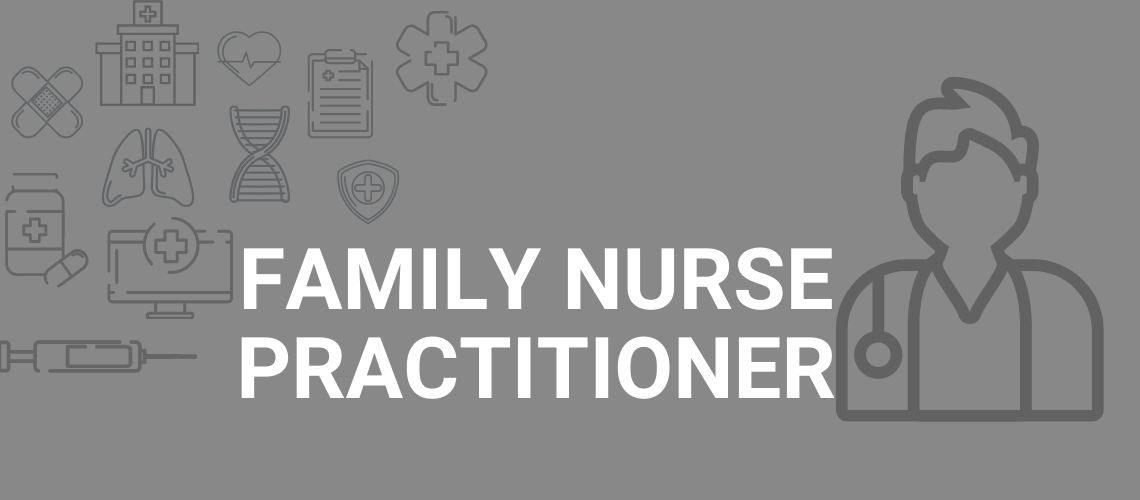
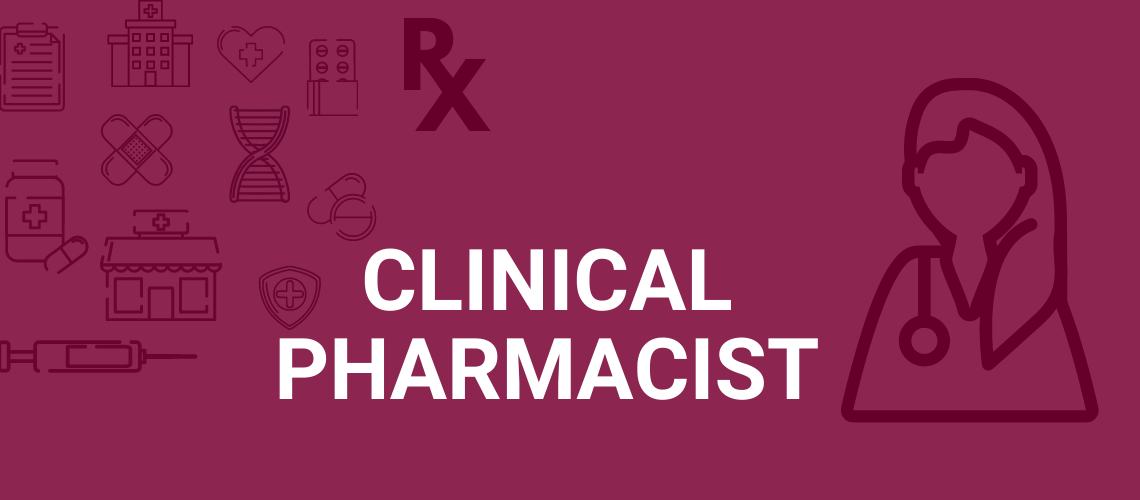
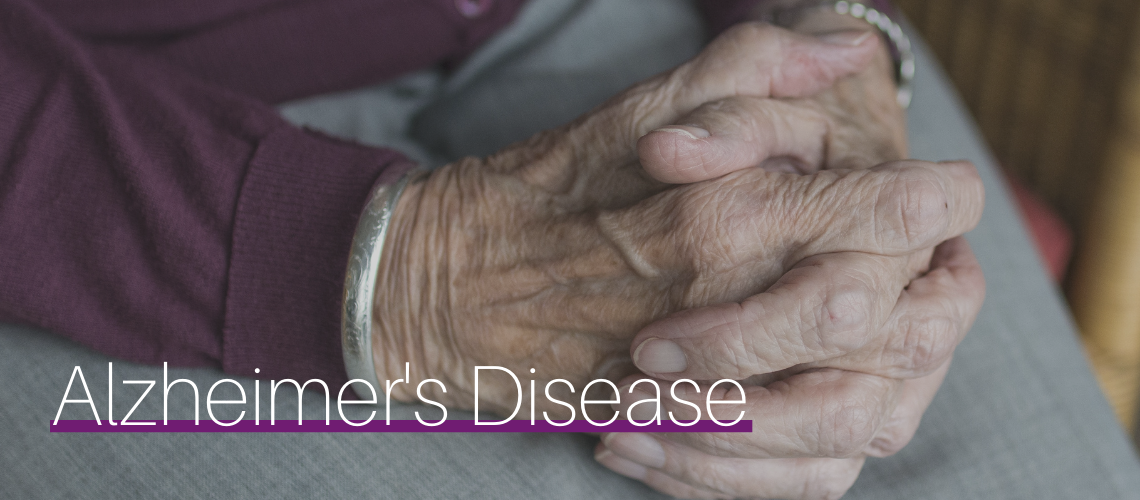

 Dr. Karin Esposito is an experienced psychiatrist with a PhD in biochemistry and molecular biology, as well as an MD, from the University of Miami. She completed her residency training in psychiatry at Jackson Memorial Hospital and her research interests have spanned basic and clinical research, education research, and hospital-based quality improvement research at various times in her career. Dr. Esposito’s current role is within the Roseman University College of Medicine as the Senior Executive Dean for Academic and Student Affairs. Learn more about
Dr. Karin Esposito is an experienced psychiatrist with a PhD in biochemistry and molecular biology, as well as an MD, from the University of Miami. She completed her residency training in psychiatry at Jackson Memorial Hospital and her research interests have spanned basic and clinical research, education research, and hospital-based quality improvement research at various times in her career. Dr. Esposito’s current role is within the Roseman University College of Medicine as the Senior Executive Dean for Academic and Student Affairs. Learn more about 